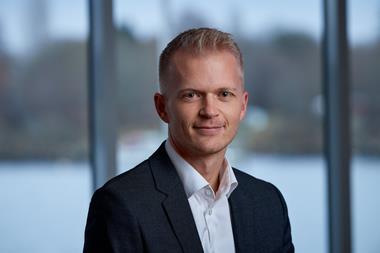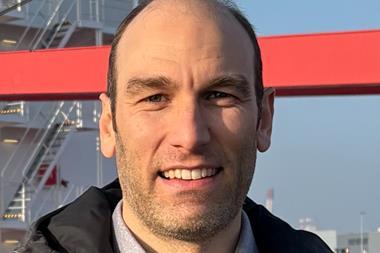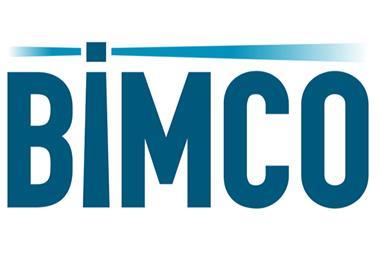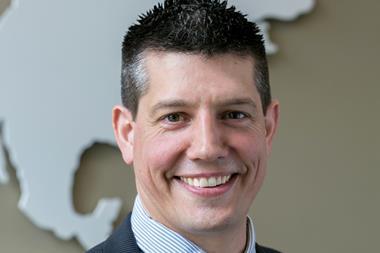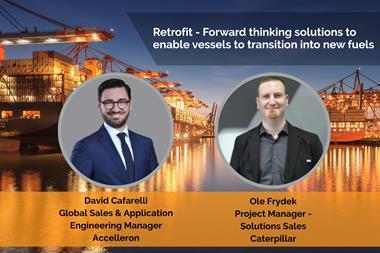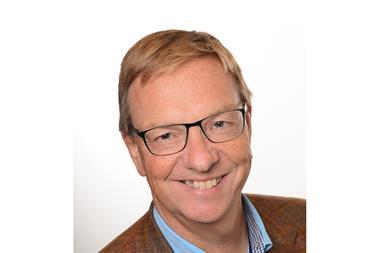The Propulsion and Future Fuels Conference 2023 began with a ship operator praising a fragmented regulatory regime and a regional regulator hoping for a harmonised global framework.
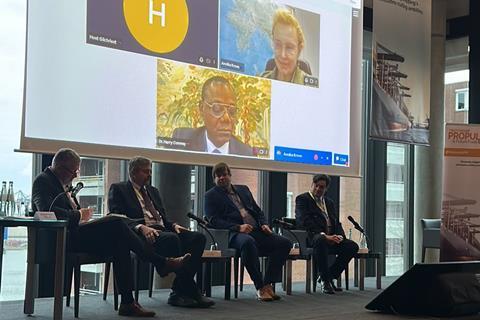
Wolfram Guntermann, Director Regulatory Affairs, Hapag-Lloyd and Annika Kroon, head of the Maritime Transport and Logistics unit at the European Commission’s DG Move, found themselves in agreement over the crucial role that the FuelEU Maritime regulation and shipping’s inclusion in the EU Emissions Trading Scheme will play in reaching shipping’s long-term climate targets.
Simon Bennett, Deputy Director General, International Chamber of Shipping, summed up the necessity of succeeding in phasing out emissions in line with IMO targets. “If we don’t, I fear that maritime trade could be rationed, which would be bad for shipping and bad for global prosperity,” he said.
Guntermann noted that FuelEU in particular, with its stepped performance-based emissions intensity reduction targets, had a big role to play in driving the uptake of clean fuels in the industry. He likened the regulation to the EU’s 2012 Directive on Sulphur Content of Marine Fuels, which would have imposed regional limits on ship owners but made way for a harmonised global measure once IMO’s own 0.5% sulphur cap was adopted.
Kroon accepted that the EU would gladly give way to a global measure that was equally or more ambitious than FuelEU, while pointing out that the current instrument not only drives shipping emissions performance but also offers an early competitive advantage by incentivising the development of Europe’s clean fuel supply chain. “If FuelEU is replaced by a global measure, then we have achieved our goal,” she said.
Establishing that supply chain on a global level would be the defining factor of the coming decades, pointed out Markus Münz, managing director, VDMA Large Engines. “If we are successful, by 2050 there will be enough clean energy for shipping – if not, there won’t,” he said, adding that onboard technology would not be the obstacle to the energy transition.
The emergence of a global measure now rests with the member states of IMO. Harry Conway, Chair, IMO Marine Environment Protection Committee (MEPC), pointed out the progress made during MEPC 80 in setting a new benchmark for shipping’s emissions ambitions. He outlined progress towards introducing technical and economic measures that would supersede European regulations, as well as highlighting IMO’s work on technical cooperation, capacity building and supporting public-private partnerships to drive innovation and uptake of clean fuels and technologies.

